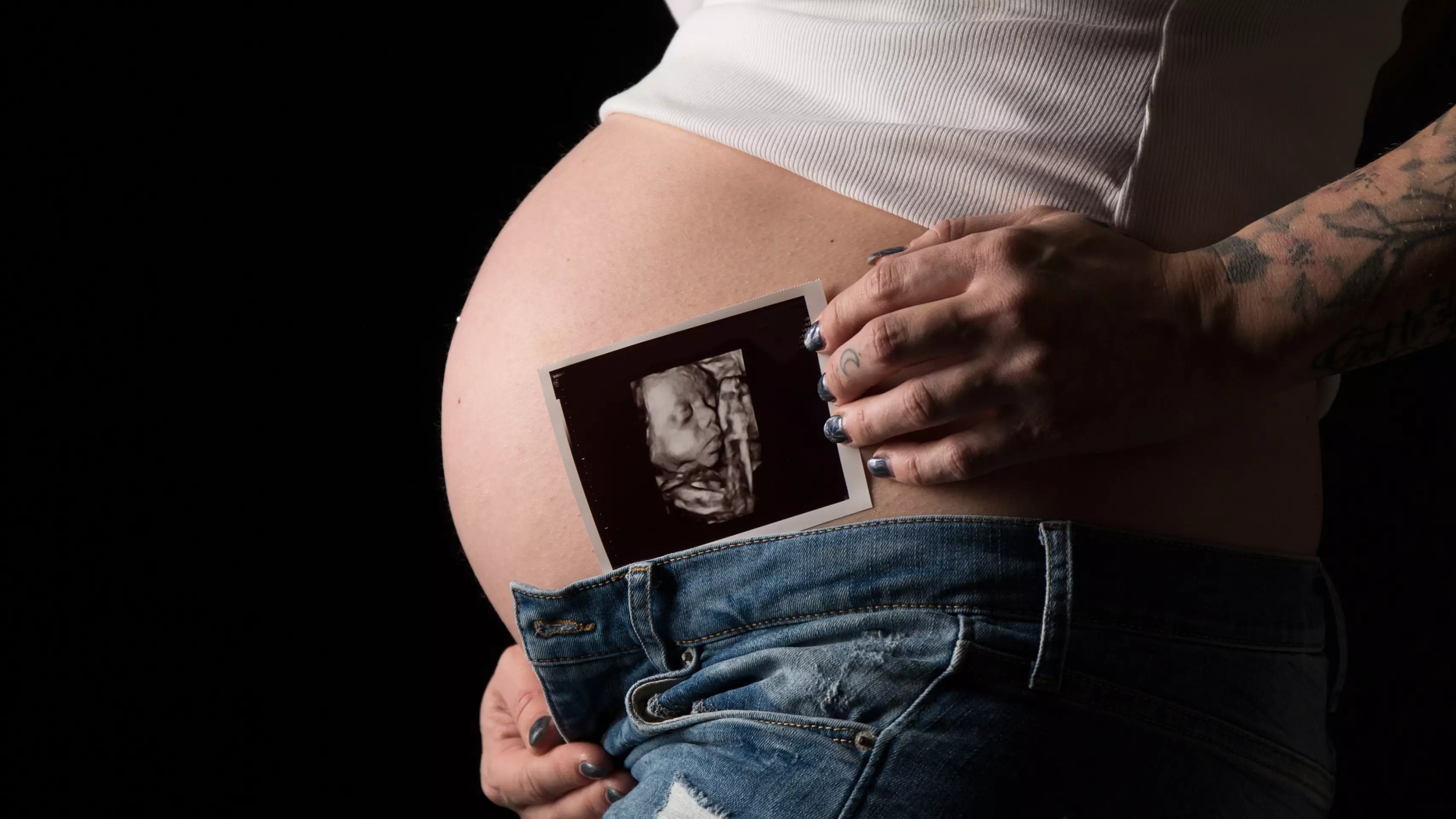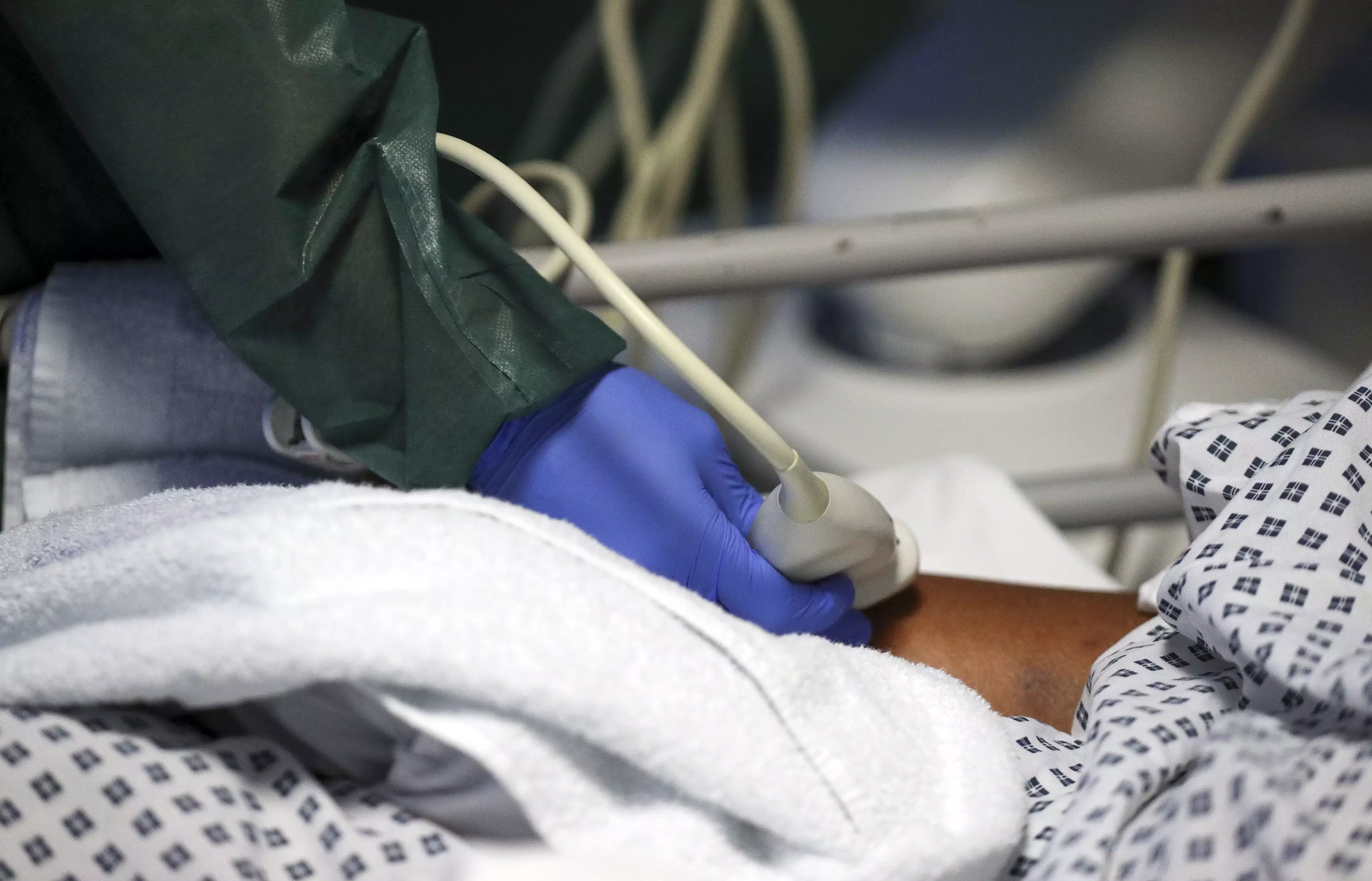
We've heard about microplastics being found in the strangest of places, like the deepest point in the ocean, but it seems like there's nowhere they can't be found.
Researchers have released shocking findings that the microscopic bits of plastic have managed to find their way into the placentas of unborn babies.
You'd think the womb would be an impenetrable housing, however even it can't keep out microplastics.
Advert
The bits were discovered by scientists who were studying the pregnancies of four healthy women who ended up having normal births.
The researchers have published their findings in the journal Environment International, where they said: "Due to the crucial role of placenta in supporting the foetus's development and in acting as an interface with the external environment, the presence of potentially harmful plastic particles is a matter of great concern.
"Further studies need to be performed to assess if the presence of microplastics may trigger immune responses or may lead to the release of toxic contaminants, resulting in harm."

Advert
According to the Guardian, only about four per cent of each placenta was analysed and researchers were still able to find around a dozen plastic particles.
It's unclear what the health impact will be on mum or bub, however surely particles made from chemicals can't be a good thing.
The particles that were found came in a variety of colours, including blue, red, orange or pink, and it's believed they could have come from packaging, paints or cosmetics and personal care products.
Antonio Ragusa, who led the study, said about the findings: "It is like having a cyborg baby: no longer composed only of human cells, but a mixture of biological and inorganic entities. The mothers were shocked."
Advert
The discovery of microplastics in the placenta could be just the tip of the iceberg.
A study found when the plastic particles were blasted into the air in front of pregnant rats, they were subsequently found in the liver, lungs, heart, kidney, and brain of their foetuses.
Featured Image Credit: PATopics: News